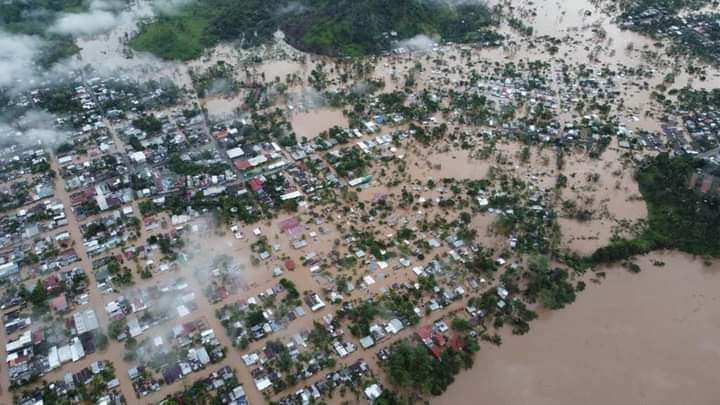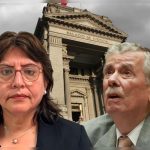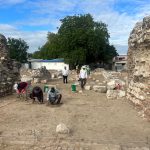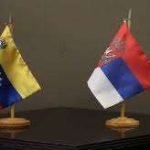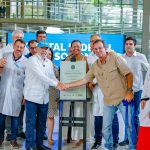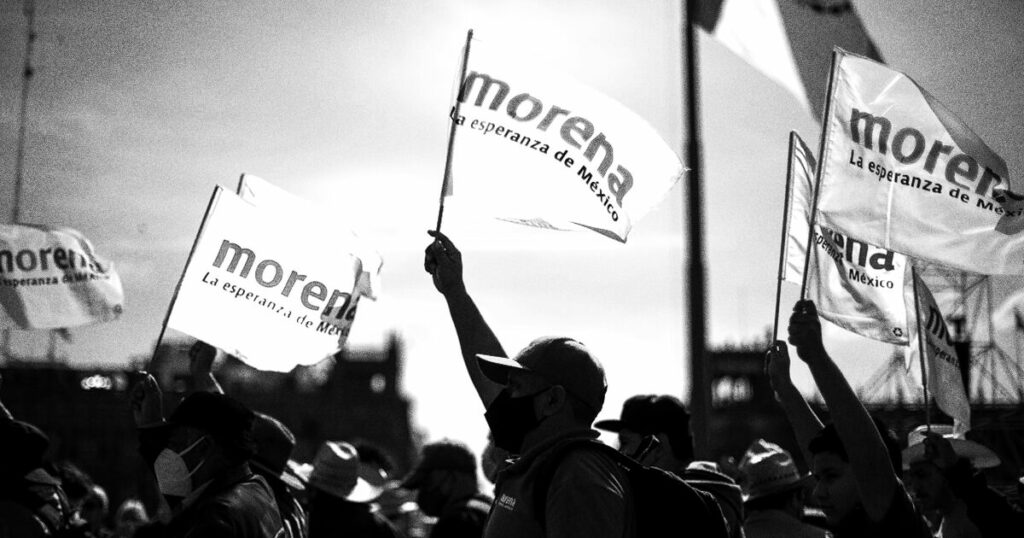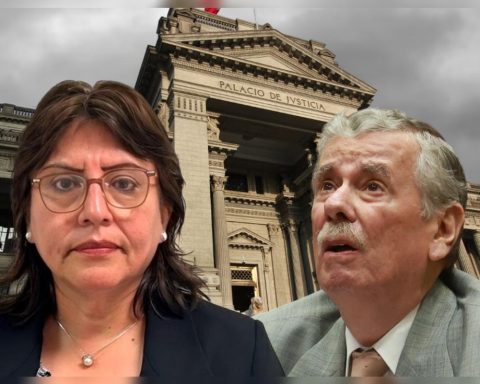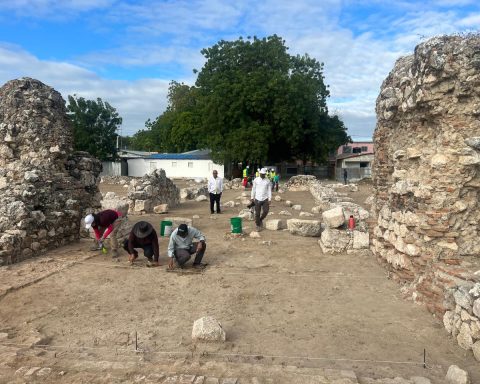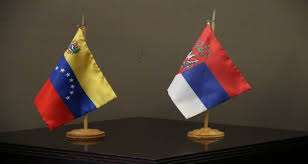Deputy President Rosario Murillo thanked the Food and Agriculture Organization of the United Nations (FAO) for its “immediate” cooperation in the face of Hurricane Julia passing through Nicaragua, which has left more than six thousand people weather in the Caribbean of the country.
“To the United Nations agencies, we want to thank in a special way each one of them who are in our country, who have been pending calling and asking how they can serve Nicaraguan families. I want to especially thank the World Food Program that is giving us available food located in places where the hurricane could do the most damage, thanks to the support of the program, in a special way we want to recognize that presence and that support for Nicaraguan families” , expressed the government spokeswoman in her customary mid-day communication.
Related news: Hurricane Julia leaves more than six thousand people out in the open in the Caribbean of Nicaragua
Murillo also thanked the FAO that “has also been very attentive to the report of the evaluations of the crop that we are doing on the ground, that is why it takes us a little time.” In addition, he states that the full damage assessment will be ready this coming Friday, October 14.
For its part, the United States announced that it is evaluating “how best to collaborate with efforts to help those affected,” said the ambassador, Kevin K. Sullivan.
According to official and preliminary information, the most affected were the inhabitants of the Caribbean Coast, where the category one hurricane hit in the first instance and with greater force, in the early hours of Sunday, October 9. A total of 6,469 people are in shelters in cities in the Caribbean of Nicaragua.
Related news: US Embassy in Nicaragua Evaluates How to Help Those Affected by “Julia”
After its passage, Hurricane Julia, downgraded to a tropical storm, caused destruction when it hit the Caribbean Coast of Nicaragua in the early hours of Sunday, October 9. The 140-kilometer-per-hour winds tore off the roofs of homes, felled trees, snapped power lines and left some coastal areas without power, while the rains caused flooding and rivers to overflow, local authorities reported.
The aid has been deployed in Masaya, Matagalpa, Chinandega, Chontales, León, Carazo, Rivas, Managua and the municipalities of the Caribbean Coast. The regime has taken advantage of this aid to carry out political propaganda for its future mayors, who have already been nominated to hold those positions from 2023.
